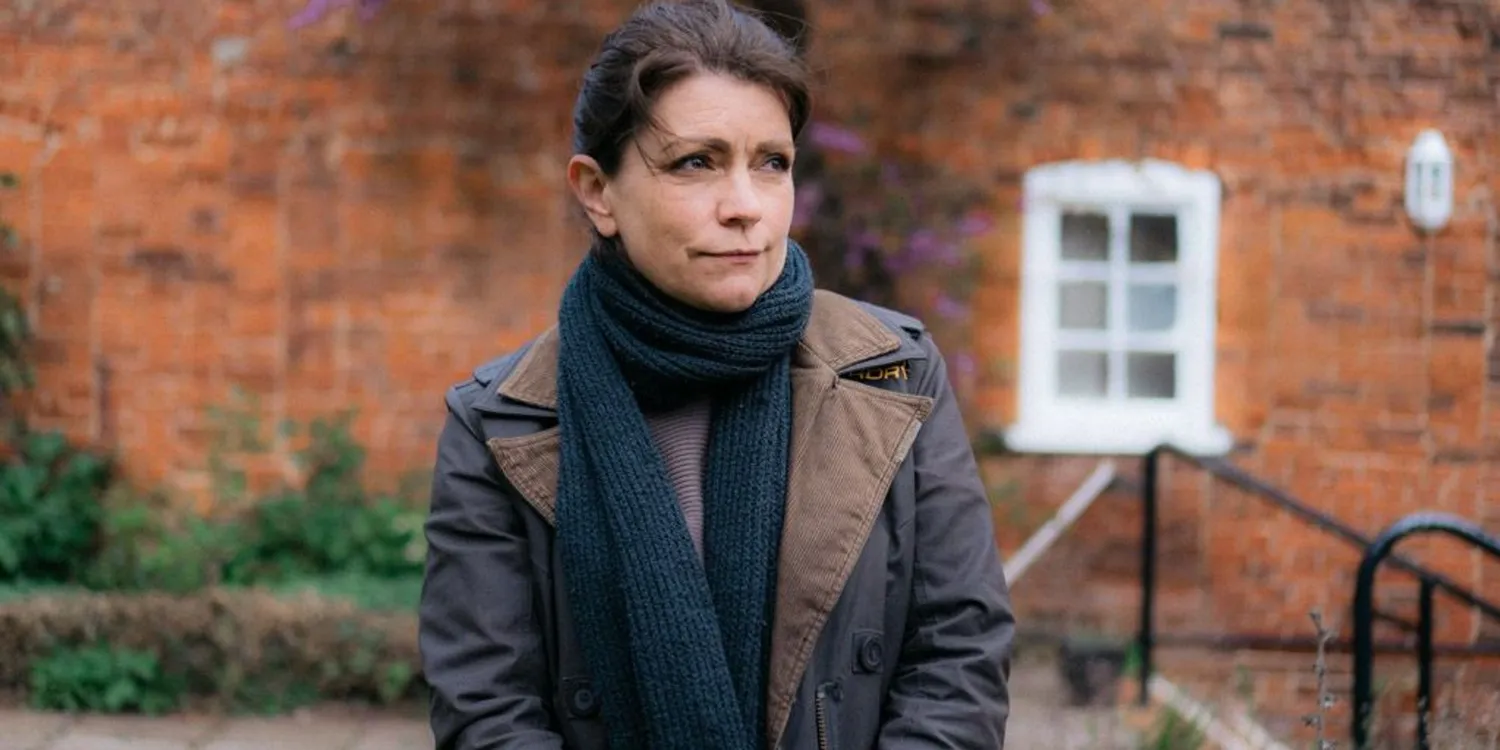01 May 2024
Living with Attention-Deficit/Hyperactivity Disorder (ADHD) presents a unique set of challenges. From difficulty concentrating and organising thoughts to impulsivity and restlessness, the symptoms of ADHD can impact various aspects of daily life. While medication is often a primary treatment option, therapy also plays a crucial role in managing ADHD symptoms and improving overall well-being. In this blog, we delve into the question: Is therapy for ADHD and addiction useful?
Understanding ADHD
Before diving into the efficacy of therapy, it's essential to understand ADHD. ADHD is a neurodevelopmental disorder characterised by inattention, hyperactivity, and impulsivity. It affects people of all ages and can significantly impact academic, professional, and personal success. While there is no cure for ADHD, various interventions can help individuals manage symptoms and lead fulfilling lives. Adults with ADHD are almost three times more likely to have a substance abuse disorder than adults without ADHD. At Rehabs UK we are able to provide a variety of connected addiction treatment options that are tailored for those with either diagnosed or undiagnosed ADHD.
The Role of Therapy
Therapy for ADHD typically involves behavioural interventions, psychoeducation, skill-building, and coping strategies tailored to individual needs. Here are some ways therapy can be beneficial:
- Skill Development: Individual therapy equips individuals with essential skills to manage ADHD symptoms effectively. This may include time management techniques, organisational strategies, and methods to improve focus and attention.
- Coping Strategies: Living with ADHD can be overwhelming at times. Therapy provides a safe space for individuals to explore their feelings, frustrations, and challenges associated with the disorder. Therapists can teach coping strategies to deal with stress, anxiety, and emotional regulation difficulties. This can be useful for women who may have fallen into a cycle of using alcohol to self-medicate their ADHD and may have not been diagnosed until later in life.
- Improving Self-Esteem: ADHD can take a toll on self-esteem and confidence, especially when individuals face academic or professional setbacks. Therapy helps individuals recognise their strengths, build resilience, and develop a positive self-image.
- Enhancing Relationships: ADHD can strain relationships with family, friends, and colleagues due to symptoms like forgetfulness, impulsivity, and difficulty in communication. IMAGO relationship therapy can improve interpersonal skills, communication strategies, and conflict resolution techniques, fostering healthier relationships.
- Addressing Co-occurring Conditions: Many individuals with ADHD also experience co-occurring conditions such as anxiety, depression, or learning disabilities. Therapy offers a holistic approach to address these comorbidities and improve overall mental health. Studies indicate that incorporating addiction counselling can benefit long term recovery significantly.
Types of Therapy for ADHD
Several therapeutic approaches can be beneficial for individuals with ADHD, including:
- Cognitive-Behavioural Therapy (CBT): CBT helps individuals identify negative thought patterns and behaviours associated with ADHD and develop strategies to change them.
- Dialectical Behaviour Therapy (DBT): DBT focuses on teaching mindfulness, emotion regulation, and interpersonal effectiveness skills, which can be particularly helpful for individuals with ADHD who struggle with impulsivity and emotional dysregulation.
- Family Therapy: Involving family members in therapy can improve communication, support systems, and understanding of ADHD within the family dynamic.
Is Therapy Effective for ADHD?
Research indicates that therapy, in conjunction with medication and other interventions, can significantly improve outcomes for individuals with ADHD. A comprehensive treatment approach that combines medication with therapy tends to yield the best results, addressing both the neurobiological and psychosocial aspects of the disorder.
BACP Therapist, Jakana who is diagnosed with ADHD, says: "people think I've got ADHD, i can't use meditation but this is the thing over time, eventually it calms the mind. Just start with really short ones"
However, it's essential to recognise that not all therapies work the same for everyone, and finding the right fit may require experimentation and patience. Additionally, therapy is most effective when tailored to individual needs and delivered by qualified mental health professionals experienced in treating ADHD.
Jakana who facilitates Rehabs UK aftercare groups says "therapy is always going to be useful whether you have been diagnosed with ADHD or not, for the addiction part...you are able to piece the two together and make connections."
In conclusion, therapy plays a valuable role in managing ADHD symptoms and improving overall quality of life. By providing essential skills, coping strategies, and emotional support, therapy empowers individuals to navigate the challenges of ADHD more effectively. While ADHD presents its unique set of hurdles, with the right support and resources, individuals can thrive and reach their full potential. If you or someone you know is struggling with ADHD, consider exploring therapy as part of a comprehensive treatment plan.
Contact our fully trained treatment advisors today for a free assessment and to answer any questions you may have.
